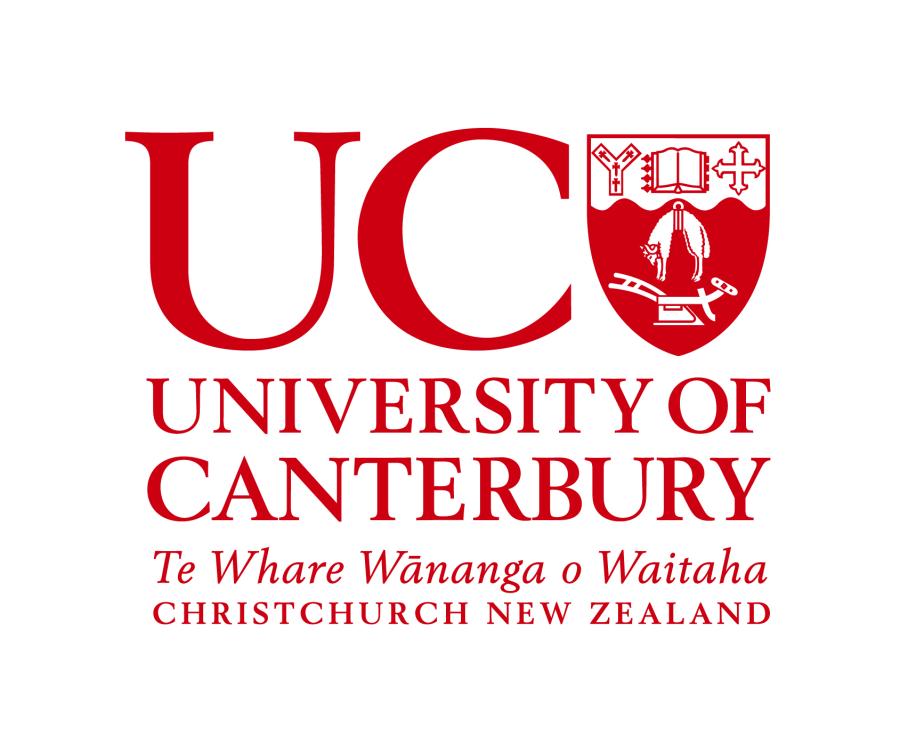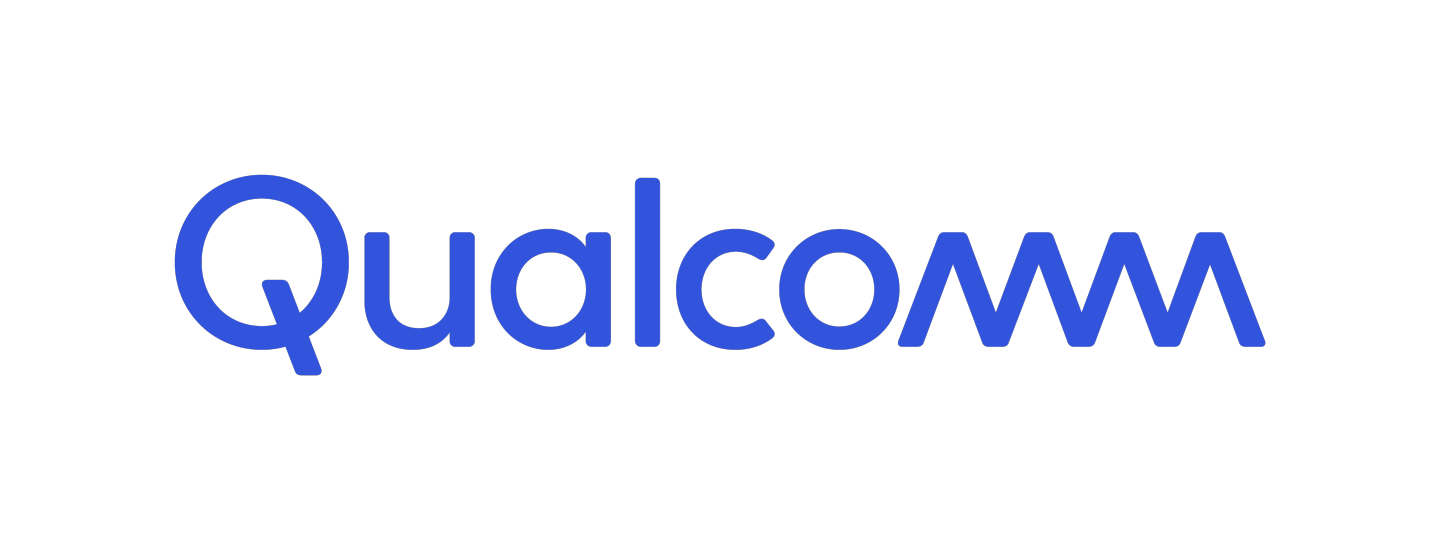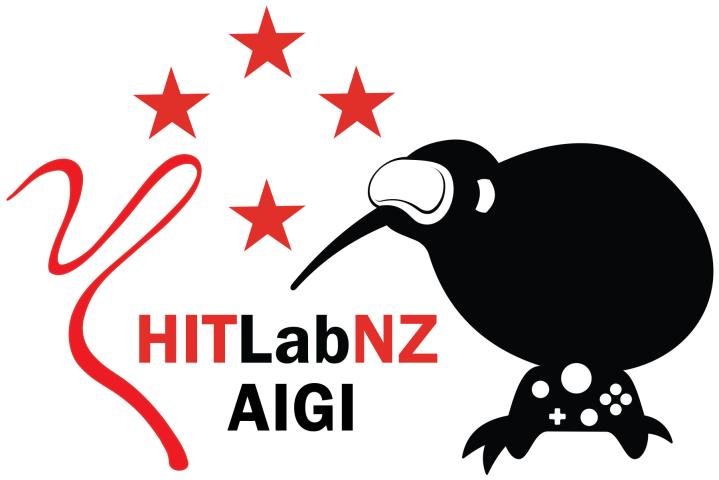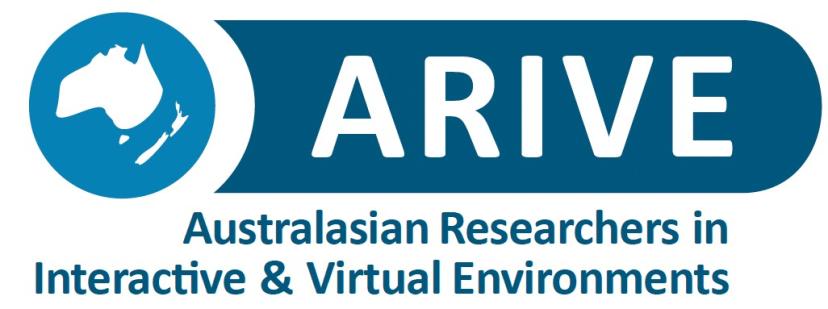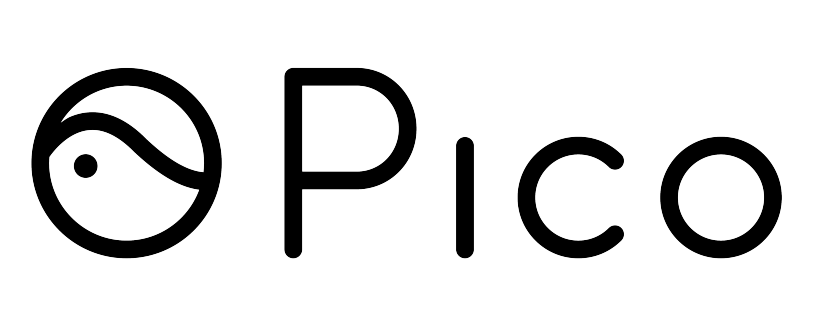
Workshops
IEEE VR 2022 seeks high-quality contributions to the following 21 workshops. These will be held virtually on March 12th-13th. For more details, see each workshop's Call for Papers below.
| Workshops |
|---|
5th IEEE VR Internal Workshop on Animation in Virtual and Augmented Environments (ANIVAE-2022)
Website: https://anivae.fhstp.ac.at/
- Submission deadline: 2nd January 2022
- Notification of results: 20th January 2022
- Camera-ready submission due: 27th January 2022
By encouraging synergies of interdisciplinary approaches, the workshop maps animation within the AVR context from different angles and creates new knowledge in this research field.
Principal Organizer: Thomas Moser
Open Access Tools and Libraries for Virtual Reality
Website: https://openvrlab.github.io/
- Submission deadline: 10th January 2022
- Notification of results: 20th January 2022
- Camera-ready submission due: 29th January 2022
Virtual Reality technologies are growing fast, and so is the VR research community. In this scenario, it is more important than ever that academic research builds upon best practices and results to amplify impact in the broader field. Open-Source tools are one means to propagate best practice as they lower the barrier to entry for researchers from an engineering point of view, while also embodying the prior work on which the tools were built. Open access tools are also critical to eliminate redundancies and increase world research collaboration in VR. At a time that academic research is growing it also needs to move as fast as the industry, collaboration and shared tools is the best way to do it. In this workshop, we will gather with creators and users of open-access libraries ranging from avatars (like the Microsoft Rocketbox avatar library) to animation to networking (Ubiq toolkit) to explore how open access tools are helping advance the VR community.
We invite all researchers to join this workshop and learn from existing libraries. We also invite submissions on technical and systems papers that describe new libraries and or new features on existing libraries. In this workshop, we will explore these open-access tools, their accessibility, and what type of applications they enable. Finally, we invite users of current libraries to submit their papers and share their learnings while using these tools.
Principal Organizer: Matias Volonte
3rd Annual Workshop on 3D Content Creation for Simulated Training in eXtended Reality (TrainingXR)
Website: https://sites.google.com/view/trainingxrieeevr2022
- Submission deadline: 12th January 2022
- Notification of results: 20th January 2022
- Camera-ready submission due: 27th January 2022
This workshop discusses and articulates research visions on using the latest extended reality (VR/AR/MR) technologies for education and training purposes, and on creating immersive 3D virtual content for delivering effective and personalized training experiences. This workshop will gather researchers and practitioners in a variety of computer disciplines related to XR training and content creation. This workshop will accept research papers on these topics. We will also invite renowned speakers from the research community and the industry to give talks related to XR-based training to inspire the field to further explore this promising direction.
Principal Organizer: Lap Fai (Craig) Yu
Data4XR: Datasets for Developing Intelligent XR Applications
Website: https://sites.google.com/view/ieee-vr-data4xr/
- Submission deadline: 7th January 2022
- Notification of results: 20th January 2022
- Camera-ready submission due: 27th January 2022
Whenever AI researchers want to propose different data-driven models, datasets are the most fundamental resources. With easy access to standard datasets, they can develop state-of-the-art AI algorithms to achieve excellent prediction performance. However, when XR researchers decide to import these algorithms for developing intelligent immersive interactive applications, the lack of publicly available datasets arises as a challenge despite advanced AI algorithms being developed.
Many works related to datasets have been published, e.g., MINIST, ImageNet, CIFAR-10, etc. To unleash the full power of XR, the community also needs standard datasets for developing data-driven models with machine/deep learning. The workshop on Datasets for Developing Intelligent XR Applications (Data4XR), hosted by the IEEE VR 2022, proposes a meaningful platform for domain researchers to find valuable resources and develop collaborations across labs. It aims to promote XR research by involving artificial intelligence.
Principal Organizer: Yuyang Wang
3D Reconstruction, Digital Twinning, and Simulation for Virtual Experiences (ReDigiTS)
Website: https://sites.google.com/view/redigits
- Submission deadline: 10th January 2022
- Notification of results: 20th January 2022
- Camera-ready submission due: 27th January 2022
The aim of this workshop is to attract a collection of high-quality submissions reporting state-of-the-art research activities targeted to the next generation of immersive experiences, reporting the latest methodologies, applications, standards, evaluations, and/or use cases for 3D reconstruction, digital twinning, and simulation for immersive experiences. Despite the pivotal role played by these research directions in the design and development of immersive experiences, they are only partially addressed in the topics of workshops organized in the previous editions of IEEE VR.
Principal Organizer: Fabrizio Lamberti
Workshop on Virtual Humans and Crowds in Immersive Environments (VHCIE)
Website: https://files.inria.fr/vhcie/2022
- Submission deadline: 11th January 2022
- Notification of results: 20th January 2022
- Camera-ready submission due: 29th January 2022
Nowadays many tools, including algorithms and systems, are available to create and design believable virtual humans and crowds in immersive virtual environments (IVEs). One traditional research area is thereby the population of IVEs. With sophisticated crowd simulations, environments with the size of an entire city can be efficiently enlivened with thousands of authentic virtual characters, termed virtual agents. Typically, these agents only react to VR users in terms of interactions between walkers, including collision avoidance, gazing, and interpersonal distance constraints. To this end, a second research area focuses on direct agent-user interactions including communicative abilities and social behavior to design believable verbal and non-verbal behavior for agents in face-to-face interactions. Research on both facets has been presented and discussed in the previous VHCIE editions, primarily from the viewpoint of VR research. Thus, VHCIE 2022 widens the focus by starting a cross-community exchange with researchers from industry and other disciplines involved in modeling, developing, and evaluating virtual humans and crowds.
The objective of VHCIE workshop on "Virtual Humans and Crowds in Immersive Environments" is then threefold. Through a panel and a selection of submitted presentations (short papers and late breaking research), we will:
- Present state of the art character and crowd animation techniques for interactive agents. Recent developments in character and crowd animations have impressively improved the level of quality for motions, as well as computational performances. One objective of the workshop is to present how VR and immersive environments can benefit from these recent developments.
- Present some examples of new research opportunities offered by the availability of populated virtual environments. Populating VEs with several autonomous characters is a relatively recent advancement. What research can benefit from such capability? We expect presentations related to how recent technological advances enable or facilitate such research.
- Discuss technological requirements for future applications. Recent technologies and software have clearly eased the creation of populated immersive VEs. However, there is still a way for improvement. Thus, the third objective of the workshop is to gather the requirements of current users of these technologies for future applications. To this end, our audience and an invited cross-community panel from different research areas (VR, IVA, ..) as well as industry will try to answer questions such as: Do users expect better animation quality? Better rendering? Or, higher level of autonomy? What kind of interactivity is expected with autonomous agents?
Principal Organizer: Anne-Hélène Olivier
Metaverse as a promise of a bright future? - social interactions in a world of isolation
Website: https://workshop.htt.events/
- Submission deadline: 16th January 2022
- Notification of results: 18th January 2022
- Camera-ready submission due: 25th January 2022
The Metaverse is before us. Extended Reality, which has so far been on the periphery of life, has a chance of becoming an element of everyday life. The arrival of such a world has been accelerated, on the one hand, by technological development and the readiness of IT corporations to invest in VR/XR technology, and on the other hand, by a pandemic that prompted us to look for alternative ways to exist in isolation.
This situation forces us to face completely new challenges. We must find ways to define ourselves in the virtual world in various dimensions, including establishing social relationships or creating our own identity. We invite you to our online workshop - a space for reflection on issues of social functioning in the world of the Metaverse. The event has been designed to allow participants to interact in three autonomous forms: lectures combined with Q&A sessions, an experiment involving participant observation in the VR environment, and thematic discussion sessions.
Principal Organizer: Anna Mierzecka
Sonic Interaction in Virtual Environments
Website: https://sive.create.aau.dk/
- Submission deadline: 12th January 2022
- Notification of results: 20th January 2022
- Camera-ready submission due: 27th January 2022
The main goal of this workshop is to increase among the virtual reality community the awareness of the importance of sonic elements when designing virtual/augmented/mixed reality (VR/AR/MR) environments. We will also discuss how research in other related fields such as film sound theory, product sound design, sound and music computing, game sound design, and computer music can inform designers of VR/AR/MR environments. Moreover, the workshop will feature state-of-the-art research on the field of sound for VR/AR/MR environments.
Principal Organizer: Michele Geronazzo
8th Workshop on Everyday Virtual Reality
Website: https://wevr.adalsimeone.me/
- Submission deadline: 10th January 2022
- Notification of results: 20th January 2022
- Camera-ready submission due: 29th January 2022
WEVR aims at fostering discussion and bringing advance understanding on challenges and opportunities for "Everyday" Virtual, Augmented and Mixed Reality topics in contexts and scenarios going beyond research laboratories and specialist environments. Bringing together experts with diverse background, i.e. researchers, technicians, engineers, game developers, industry partners, we hope to a new perspectives look and re-thinking on the following specified themes:
- Gameplay Design and Player Interaction in consumer VR/AR
- Overcoming constraints of ordinary environments (e.g. locomotion techniques, object avoidance)
- Tangible and haptics support to interaction with the environment
- Co-located and Remote Social & Collaborative VR/AR and related challenges
- Cross-reality intersection (e.g., immersed, non/semi-immersed users)
- 3D User Interfaces for Desktop or semi-immersive VR
- VR/AR for home healthcare and education
- Effects of prolonged VR use in domestic settings
- VR/AR development for non-technical creators
- New trends of VR applications
Principal Organizer: Adalberto Simeone
ARES - Augmented Reality Enabling Superhuman Sports + Serious Games
Website: https://wiki.tum.de/pages/viewpage.action?pageId=1003688592
- Submission deadline: 12th January 2022
- Notification of results: 20th January 2022
- Camera-ready submission due: 29th January 2022
In the last years, the usage of Augmented Reality (AR) advanced into new frontiers through the widespread adoption of affordable mobile devices. For example, in Superhuman Sports, AR provides the potential to be a driving factor by revolutionizing team sports or by introducing novel game mechanics. In the field of Serious Games, AR can bring 3D serious content into the physical world to enhance immersion and knowledge transfer. In both areas, the full potential of this vision-based technology is still limited through the lack of framework support and tangible controller feedback for purely virtual objects.
We want to bring together experts from different computing and engineering disciplines to overcome the barriers of complex AR game concepts and to enhance interactions with augmented objects in a playful way in two important research fields:
- The goal of Superhuman Sports is to surpass the limitations of the human body by incorporating technology. Cognitive and physical capabilities are augmented by involving rich interactions through tangible and virtual game objects. Concepts of team sports based on competition and the exploration of new experiences through novel senses and reflexes, are helping to augment traditional sports or to path the way towards new game ideas.
- Serious Games combine the world of playing games for entertainment with the goal of learning in an almost subconsciously manner. Combining these two approaches requires meeting the demands of both. Learning content must be presented correctly and coherently, but on the other hand, it must be perfectly integrated into a game concept.
Principal Organizer: Christian Eichhorn
XR for Health and Wellbeing
Website: https://sites.google.com/view/xrhealth/
- Submission deadline: 14th January 2022
- Notification of results: 20th January 2022
- Camera-ready submission due: 29th January 2022
The XR for Health and Wellbeing Workshop will take place during IEEE VR 2022 (Christchurch, NZ online virtual) focusing on XR (AR/VR/MR) technologies to help in the broad areas of interest related to healthcare and wellbeing. XR technologies have been experimented with in many areas of healthcare and well being over the years. With the ubiquitous use of XR devices creates a great opportunity to further XR research to help support healthcare professionals and the wellbeing of people. XR has demonstrated many advantages to various healthcare and wellbeing areas, however, more research is required. We aim to gather the intersection of researchers working in the areas of XR for healthcare and wellbeing from the HCI community to come together to share their ideas and discuss possible future grand challenges. We solicit short paper submissions with lightning talks at the workshop. We will have a break-out session to discuss the topics of the workshop in more depth. We will have two invited talks, one from academia and one from industry.
Principal Organizer: Craig Anslow
X-IRL risks: Identifying privacy and security risks in inter-reality attacks and interactions
Website: TBA
- Submission deadline: TBA
- Notification of results: TBA
- Camera-ready submission due: TBA
This workshop extrapolates how virtual interactions and data trails may generate IRL (in real-life) consequences. Participation in the metaverse and other XR technologies and spaces (AR and MR) may lead to new surface attacks and vectors, the emergence of new adversaries and threat scenarios, and a heightened need for regulatory action, organisational defences, and user-specific security tools. The goal of this workshop is to illuminate the potential inter-reality risks generated between real and virtual worlds. It aims to gather insight from researchers and industry leaders in the digital-to-XR and privacy and security communities in a collaborative and thought-provoking examination of the expanding cybersecurity terrain. The one-hour workshop will be held online presenting a moderated discussion and question time.
Principal Organizer: Moya Kate Baldry
METABUILD: First Workshop for Building the Foundations of the Metaverse
Website: https://metabuild-workshop.herokuapp.com/
- Submission deadline: 6th January 2022
- Notification of results: 19th January 2022
- Camera-ready submission due: 29th January 2022
The goal of this workshop is to discuss the issues related to building the metaverse under two directions: (1) technological and engineering aspects allowing to develop the metaverse's ecosystems, and (2) content creation for and in the metaverse to provide ownership to users. These two goals are interconnected as technology should support content creation, while content creation should happen with respect of the technological advances. In more details, we target:
- Engineering the metaverse. This workshop aims to discuss the engineering aspects of the metaverse, from the supporting technologies (Mixed Reality, computer vision, IoT and robotics, Blockchain, User Interaction, Future Networking Technologies, Cloud and Edge Computing, Artificial Intelligence), the building bricks of the metaverse ecosystem (avatar and presence, virtual economy, content creation, social acceptability, privacy and ethics), and applications (games, digital commerce, remote work and study, remote training).
- Content creation in and for the metaverse. With the vision of building the metaverse, numerous users, represented by their avatars, can create valuable contents in highly diversified virtual worlds. In particular, users can participate in creating elements to enrich the metaverse, including but not limited to cinematic, imagery, textual, musical, elements. Such an enriched profile of content creation refers to 'metacreation'. Supporting such key activities of user content creation in the metaverse are crucial for the development of the metaverse.
Principal Organizer: Pan Hui
1st International Workshop on eXtended Reality for Industrial and Occupational Supports (XRIOS)
Website: https://sites.google.com/view/xrios2022
- Submission deadline: 13th January 2022
- Notification of results: 20th January 2022
- Camera-ready submission due: 27th January 2022
This workshop-eXtended Reality for Industrial and Occupational Supports (XRIOS)-aims to identify the current state of XR research and the gaps in the scope of human factors and ergonomics, mainly related to the industrial and occupational tasks, and discuss potential future research directions. XRIOS will build a community that bridges XR developers, human factors and ergonomics researchers interested in industrial and occupational applications.
Principal Organizer: Heejin Jeong
1st International Workshop on Socially Intelligent Virtual Agents (SIVA)
Website: https://sites.google.com/view/sivaieeevr2022
- Submission deadline: 13th January 2022
- Notification of results: 20th January 2022
- Camera-ready submission due: 27th January 2022
The workshop aims at the presentation of projects with innovative ideas in the field of socially intelligent virtual agents and subsequent discussion of challenges emerging from these projects. In particular, the workshop will focus on individualized, social human-agent relationships enabled by recent advances in AI research. This will complement existing activities at IEEE VR that focus on either user-controlled avatars or the functional aspects of conversational agents.
Principal Organizer: Susanne Schmidt
8th workshop on Perceptual and Cognitive Issues in XR (PERCxR)
Website: https://percxr.com
- Submission deadline: No papers accepted
The crux of this workshop is the creation of a better understanding of the various perceptual and cognitive issues that inform and constrain the design of effective extended reality systems. There is neither an in-depth overview of these factors, nor well-founded knowledge on most effects as gained through formal validation. In particular, long-term usage effects are inadequately understood. Meanwhile, mobile platforms and emerging display hardware ("glasses") promise to ignite the number of users, as well as the system usage duration. To fulfill usability needs, a thorough understanding of perceptual and intertwined cognitive factors is highly needed by both research and industry: issues such as depth misinterpretation, object relationship mismatches and information overload can severely limit usability of applications, or even pose risks in their usage. Based on the gained knowledge, for example, new interactive visualization and view management techniques can be iteratively defined, developed and validated, optimized to be congruent with human capabilities and limitations in route to more usable application interfaces.
Principal Organizer: Rick Skarbez
Empathic Computing
Website: http://empathiccomputing.org/ecl-workshops/workshop-on-empathic-computing/
- Submission deadline: 10th January 2022
- Notification of results: 18th January 2022
- Camera-ready submission due: 28th January 2022
The goal of this workshop is to present important research topics in Empathic Computing, collaborative AR/VR and related topics, and to identify key areas for the future research. It will hopefully contribute to growing the community of researchers interested in Empathic Computing related research topics.
Principal Organizer: Arindam Dey
Health and Safety in VR and AR
Website: http://empathiccomputing.org/ecl-workshops/workshop-on-health-and-safety-vrar/
- Submission deadline: 10th January 2022
- Notification of results: 18th January 2022
- Camera-ready submission due: 28th January 2022
The goal of this workshop is to identify potential health and safety challenges associated with using AR and VR systems, and research that should be conducted to address these concerns.
Principal Organizer: Mark Billinghurst
Workshop on Novel Input Devices and Interaction Techniques (NIDIT)
Website: https://sites.google.com/view/nidit
- Submission deadline: 10th January 2022
- Notification of results: 20th January 2022
- Camera-ready submission due: 29th January 2022
This full-day workshop will bring together researchers and industry practitioners to discuss and experience the future of input devices for VR, AR, and 3D User Interfaces, and help chart a course for the future of 3D interaction techniques.
Principal Organizer: Francisco R. Ortega
7th Annual Workshop on K-12+ Embodied Learning through Virtual and Augmented Reality (KELVAR)
Website: https://sites.google.com/site/vrkelvar/
- Submission deadline: 3rd January 2022
- Notification of results: 20th January 2022
- Camera-ready submission due: 29th January 2022
In this workshop we aim to bring together educators, developers and researchers who are interested in creating and deploying XR technologies for the educational contexts of the future. The workshop will enable participants to discuss and engage with different approaches for designing and integrating XR technologies with a specific focus on the challenges and potential for embodied learning in the classroom for K-12, vocational and higher education.
Principal Organizer: Erica Southgate





